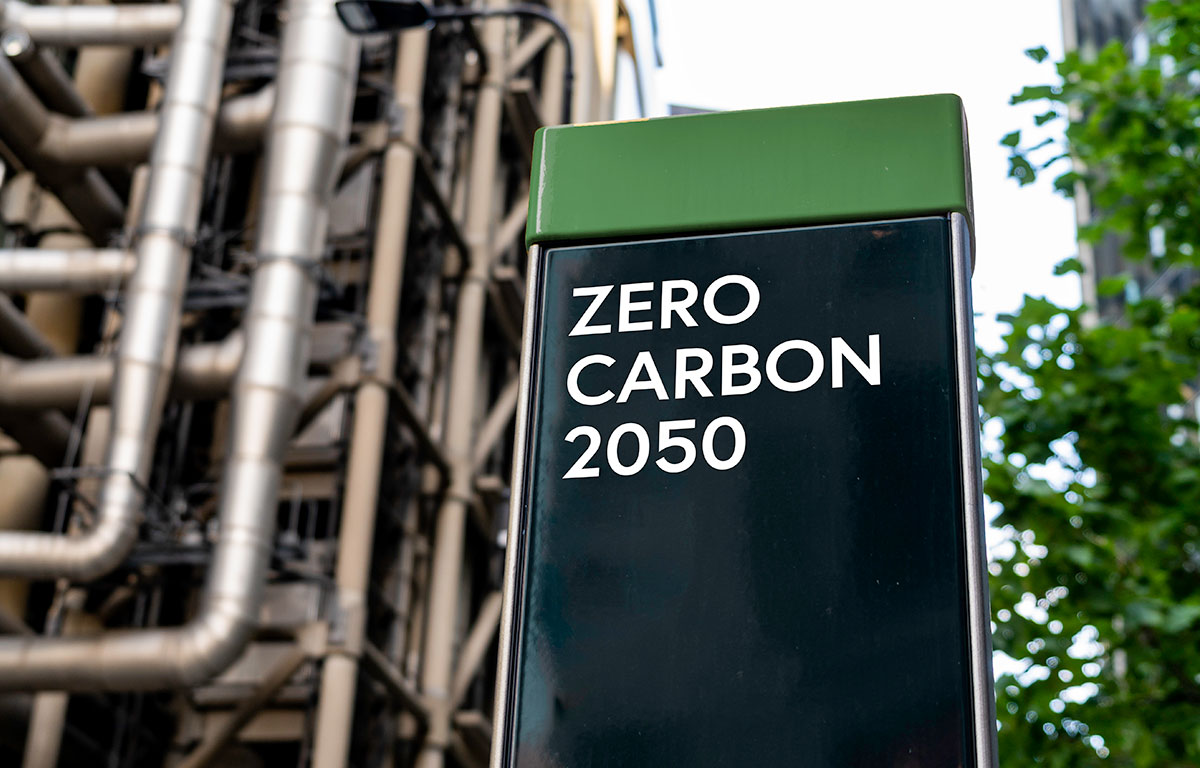Yesterday, Prime Minister Rishi Sunak announced that the government has scrapped various energy efficiency targets in an overhaul of the UK’s net zero pledges. While commitment to achieving net zero emissions by 2050 remains, the approach has been revised to be “more proportionate and practical”.
This change in policy will have significant implications for the property sector. Although retrofitting buildings with energy efficient innovations will be pivotal in reducing heating costs for tenants, Sunak argued that some property owners would have faced huge expenses under the previous plan. As a result, these mandatory requirements have been scrapped, and instead, environmentalism will be incentivised through subsidies.

No costly changes
Most notably, the Prime Minister has abandoned the plan for new rental properties to have at least an Energy Performance Certificate (EPC) rating of ‘C’ by 2025, and all properties by 2028. He emphasised that households would not be forced into making these upgrades and that imposing costly changes within two years was unreasonable.
The price of energy improvements imposed by the previous legislation could have been around £8,000 – a cost that would have been crippling for many landlords. Tenants would have also been affected by this policy, as the expenses for property upgrades would have increased the price of rent.
The boiler upgrade scheme
In a March blog, we discussed the government’s original plan to install 600,000 heat pumps by 2028 and ban the installation of gas boilers in new builds by 2025. The transition to heat pumps will now only be necessary when replacing a boiler, and this requirement will not take effect until 2035. Financial support will also be provided to households facing challenges in making this transition, with a 50% increase in cash grants through the boiler upgrade scheme – totalling £7,500.

The reaction
The amends to the country’s net zero ambitions have been well-received by landlords. Many property owners expressed concerns that the original plans for rented homes were overly ambitious and could drive many out of the rental market.
In contrast, tenants, who are often more vulnerable to energy costs, had a more mixed response. Amid the cost-of-living crisis, many private renters live in fuel poverty, partly due to the energy inefficiency of their homes. While the government’s announcements aim to address the concerns of both landlords and tenants – and there is an undeniable symbiosis between the two; if costs increase for one, it will impact the other – clear targets are important in ensuring progress.
Targetfollow
Targetfollow, despite these policy shifts, remains steadfast in its commitment to achieving net zero emissions. The goal to cut greenhouse gas to as close to zero as possible by 2050 is still a top priority. We are actively working on improving reporting and reducing emissions through energy-efficient practices across our portfolio.
We are dedicated to making a positive impact on the environment while providing quality properties and services to our clients and communities. For the latest updates on Targetfollow’s acquisitions and sales, please visit our website and follow us on Facebook, X and LinkedIn.





